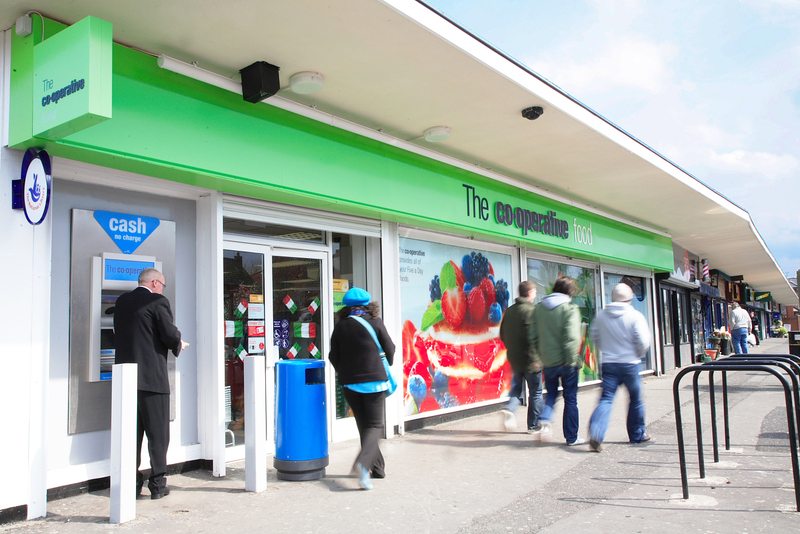

Economy
Governance in co-operatives ‘as good’ as limited companies
Governance in co-operatives is “as good”, if not better, than governance in limited companies, according to a new report. The research comes just days after the Co-operative Group’s former chief executive labelled the organisation “ungovernable”.
The report, from the trade body Co-operatives UK, reviews the performance and structures of 60 of the world’s largest co-operative businesses to assess how they operate on a global level and how difficult the task of governance is.
A co-operative is owned and managed by customers or employees, rather than outside stakeholders, meaning that its governance structure operates differently from limited companies.
Whilst there is a diverse range of governance practices, the report sets out four key principles that a board of a co-operative should do.
These are to ensure its purpose is central to its members; promote the right operating system to build and sustain competitive advantage; align incentives so that governance sits effectively with the wider economic participation of members; and nurture, secure and retain the allegiance of members.
Worldwide, there are 1,465 large, successful co-operatives, that each turnover $100m (£60m) annually, the report said.
Of these businesses, the largest number are found in the US, followed by France, Japan, Germany, Netherlands, Italy, Spain, Switzerland and the UK. They also operate in a wide range of sectors including insurance, agriculture and food, wholesale and retail and banking and financial services.
Prof Johnston Birchall from the University of Stirling, who led the research, said, “The findings of the research are clear; the participative model of co-operative governance does work at scale, and, governance in co-operatives worldwide is as good, if not better, as anything we find in the plc realms.”
He added that the best models of co-operative governance are designed to put the right mix of people and skills onto the board.
“You get it wrong if you don’t have the right skills, or, you have the right skills but are not accountable to the membership”, he explained.
The Co-operative Group in the UK “regretfully” accepted its former chief executive Euan Sutherland’s resignation last week. Sutherland said it had become “impossible” to make changes where they were needed and labelled the organisation “ungovernable”.
The report noted that the organisation’s board was one potential weakness. The size of the board is 21, which is higher than the recommend level of 12 to 15. However, Birchall warned that radically redesigning a board can lead to additional risks and unintended consequences.
Ed Mayo, secretary-general of Co-operatives UK, commented, “Governance is a strength, not a weakness of co-operatives. It allows for a more inclusive model, reflective of the interests and expertise of employees and customers.
“However, governance is not something you get tight and then forget about. It needs constant focus, continuous improvement and the Co-operative Group will be no different in this regard. Governance that does adjust and adapt proves far more costly over time than being open and agile.”
Further reading:
Lord Myners: Co-op Group needs ‘urgent’ action to become sustainable
Co-op Group ‘regretfully’ accepts chief exec Euan Sutherland’s resignation
The Co-op Bank has been spiky, fearless and political; it’s imperative it remains ethical
Diversity in business forms can deliver sustainable growth, says report
Social enterprises and cooperatives need to tell Britain’s leaders what they want


 Features11 months ago
Features11 months agoEco-Friendly Cryptocurrencies: Sustainable Investment Choices

 Energy11 months ago
Energy11 months agoThe Growing Role of Solar Panels in Ireland’s Energy Future

 Energy10 months ago
Energy10 months agoGrowth of Solar Power in Dublin: A Sustainable Revolution

 Energy10 months ago
Energy10 months agoRenewable Energy Adoption Can Combat Climate Change




























